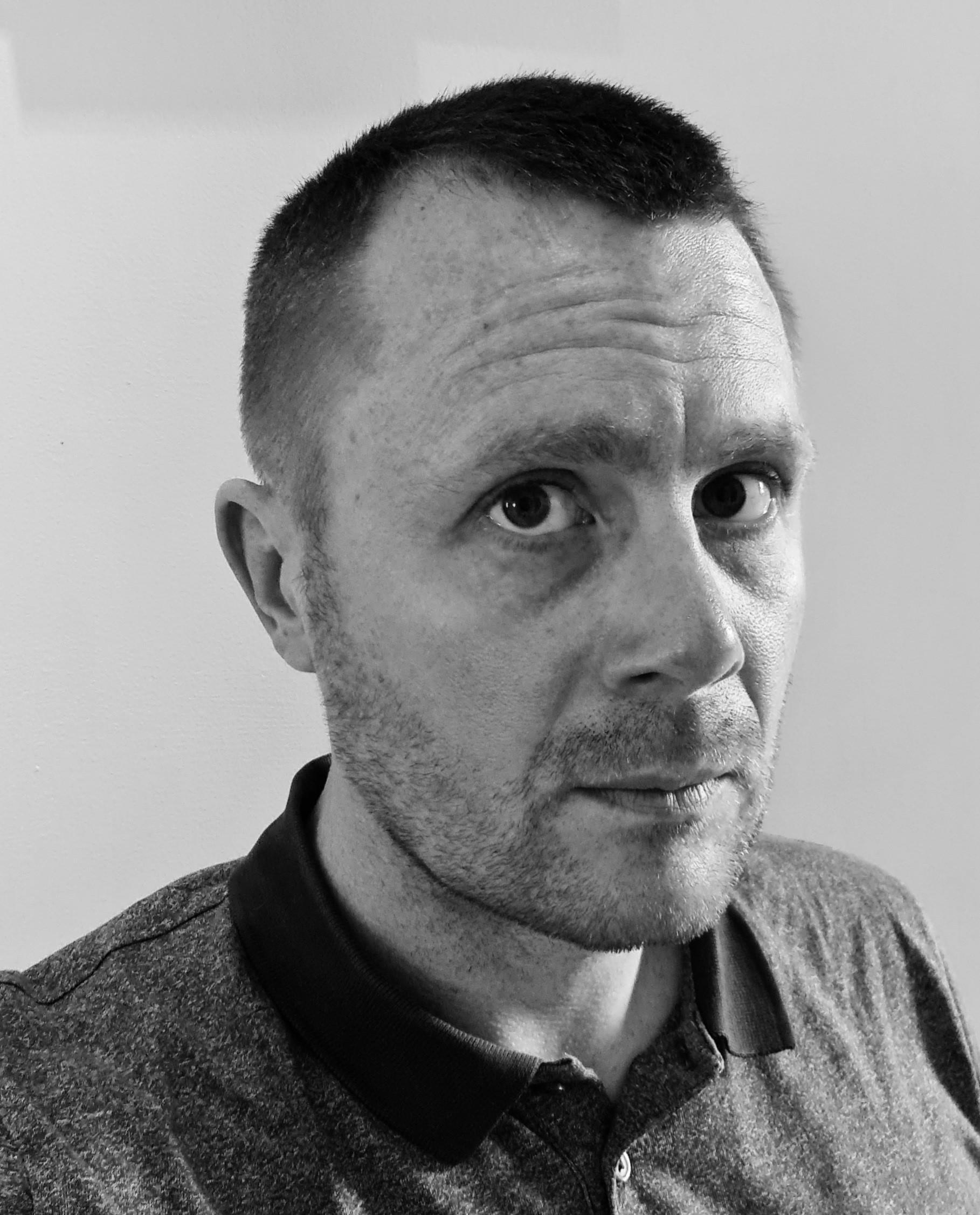A profession confined: the identity crisis of mental health nursing

Dan Warrender, Mental Health Nurse and Lecturer
Dan Warrender
Mental Health Nurse and Lecturer
Mental health nursing is a profession which is confined both between disciplines, and within nursing itself. Mental health care is often set up around psychiatrist-led diagnoses and medically-focused treatments such as medication, which can be compulsory. Meanwhile, the curiosity around the human mind and its functions is considered the realm of psychologists. Mental health nursing emphasises the importance of the therapeutic relationship, yet an autonomous role is not always clear in between these other professions. Furthermore, nurse trainings are too often generic where they should be bespoke, particularly given the ethical dilemmas and human rights issues involved in mental health care. Mental health nurses need both a clear identity and an appropriate preparation that expands their perspective. At present, I feel claustrophobic in my confined profession and have the fear that we may lose what identity we have.
When I worked on an acute mental health ward, in the course of a day I could be serving meals, dispensing medication, engaging therapeutically, escorting patients to hospital and restraining them against their will, as well as a plethora of ward organisational and administrational duties. I felt like a jack of all trades, and yet a master of none. Whilst psychiatrists implemented the use of the mental health act, it was left to mental health nurses to enact this legislation and enforce the removal of human rights. The psychiatrist walks away from the ward, leaving the mental health nurse, whether they agree with the decision or not, with the uncomfortable task and responsibility of keeping a person in hospital. Mental health nurses in ward settings therefore have the least autonomy, but do most of the dirty work. I use the word dirty deliberately; the metaphorical mud here is the shame of dominating another human being. There is an unpleasantness in having power over people, and an existential confusion in being a part of a caring profession which can treat people against their will.
Psychological preparation and relational competence need be greater for mental health nursing than any profession, as few roles require both the use of power in removing people’s human rights and then attempting to engage therapeutically with them. Yet, psychological understanding is largely seen as outside the mental health nursing role, and even some nurses themselves see the deep exploration of thoughts and feelings as beyond their remit. If there was ever a delicate empathic task, it’s empathising with someone’s experience of power, control and approved violence that you yourself have inflicted, however well it is justified. Other fields of nursing do not have this same crisis of identity.
The fact that mental health nurses live in this ethical grey area, is one of the strongest arguments that their training and preparation should always be tailored, specific, and never entirely generic. Some may argue there are essential generic components to nursing. If this is the case, then these need to be contextualised, and courses should be developed, led and taught by people with experience of mental health care. Mental health nurses are required to be involved in removing human rights, but don’t have ultimate power over these decisions. Therefore, they must be competent to advocate for patients and force discussion on actions and consequences using the language of ethics and human rights. The need for moral courage is great, because, as social animals, things are often left unsaid for fear of social repercussions within both institutional and relational hierarchies. The ethics of self-preservation over doing the right thing need to be exposed and challenged.
In the United Kingdom, nursing educational programmes and nursing practice are regulated by the Nursing and Midwifery Council, a regulatory body which appears to give priority to a plethora of practice hours which leads to quantity of time over quality of experience. Tick boxes and tasks are treated as more important than the ability of nurses to form and maintain relationships. The Nursing and Midwifery Council looks after ‘nursing’ somewhat, but justice is not done to the role of a mental health nurse when it is squeezed into the broad idea of nursing. We need our professionals to be masters rather than jacks, and have degrees underpinned by applied ethics, philosophy, psychology and relational practice, and this simply cannot be assessed with checklists of competence of tasks.
I’m not sure if mental health nursing is currently done justice in terms of trainings, role definition and autonomy; a positive first step would be to have mental health nursing recognised as truly unique, with its own training, its own regulation and its own spirit.
Twitter @dan_warrender
Blog: https://danwarrender.wordpress.com/
Researchgate: https://www.researchgate.net/profile/Dan-Warrender
Suggested citation:
Warrender, D. (2021). 'A profession confined: the identity crisis of mental health nursing'. CEMH Human Rights and Mental Health Blog. 9 September 2021. Available at: https://www.adelaide.edu.au/robinson-research-institute/critical-and-et… [date accessed].
